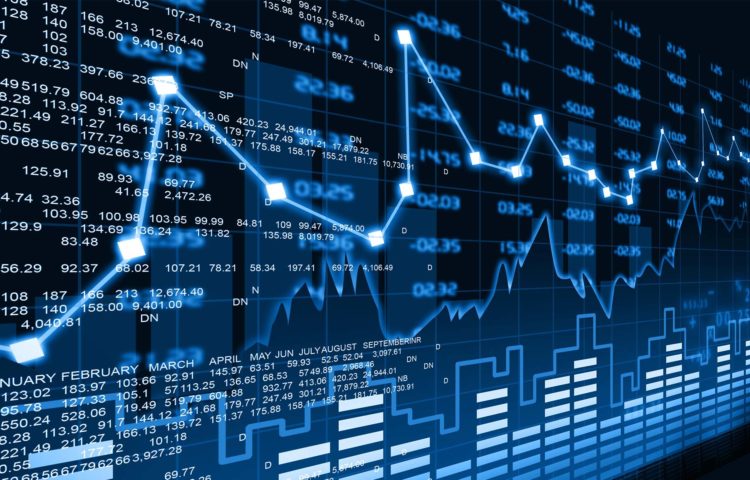In the 1600s, the Dutch East India Company employed hundreds of ships to trade gold, porcelain, spices and silks around the globe. But running this massive operation was not cheap. In order to fund their expensive voyages, the company turned to private citizens, who could invest money to support the trip in exchange for a share in the ships' profits. This practice allowed the company to afford grander voyages, increasing profits for themselves and their savvy investors. They sold these shares of profits in coffee houses and shipping ports across the continent. In doing so, they unknowingly invented the world's first stock market. Since then companies have been collecting funds from willing investors to support all kinds of businesses.

The truth is, the stock market of today is far, far different from the Wall Street old boys' club of 1792. For one thing, it's not really a market anymore, and for another, it really doesn't have any meaning. The stock market is intended to be the ultimate indicator of the capitalist economy, a way for the people to hold up a yardstick and say, right now the economy is doing well, and so it's a good time to gamble. Unfortunately, the market has no sense of reality anymore, and hasn't at least since the 2008 explosion. In the US, for example, where the unemployment rate has soared from 3.5% to 13.3% in just three months, the stock market has instead soared more than 40% up from March. These situations are best epitomized by one insane moment in late March, when news that the virus had spread even further caused the S&P 500 and similar indicators to surge upwards - because further deaths and losses for the people meant the government would have to intervene, thus somehow being a net positive for investors.
Essentially, somewhere along the line, the stock markets have been rigged. Take "circuit breakers" or trading curbs for example. Hilariously, multiple stock markets across the world have regulations in place that effectively prevent the market from dropping too far, but not from rising too high. The claim is that these circuit breakers help prevent excessive volatility by giving traders time to review their transactions, but it is very telling that these bodies don't actually care if the traders buy too fast, they just want to prevent them from selling too much. What that means, is that the stock market is strongly shepherded upwards, regardless of whether the economy is actually trending up. Why is it that when the market is climbing by improbable leaps and bounds month after month, that we are supposed to take that as a genuine reflection of the fundamentals, but when the market is in a free fall, we are supposed to write that off as momentary fits of irrationality?
A prime example of this was the new "Black Monday" of 2020, when Tier 1 and Tier 2 circuit breakers went into effect in every market that implements them, and stopped the markets from dropping more than 10-20% of their value. While the selfless commitment of regulatory bodies to prevent people from losing money on their gambles is admirable, the fact is that shady, incentivized features like this make the stock market practically worthless for anything other than to get some interest on your savings.
But the real reason the markets have lost relevance, and the reason traders are going the same way as assembly line workers and Amazon slaves, is algorithms. While algorithm is indeed the catch-all word for any logical process, trading algorithms represent a very specific kind of bot, created by "NextGen" traders to replace themselves. Today, only a small percentage of trades are actually done by living breathing humans like Buffett or Burry. More than 50% of all trades on stocks and securities are done at the commands of hopelessly complicated algorithms that focus on changes in market prices or indices caused by the trading done by other computers. In this kind of robot v. robot trading with its circular logic, fundamentals are irrelevant, the volumes are enormous and the money is a meaningless number.
On any given day, when a stock market starts fluctuating wildly, it's probably because a bot made a massive, blatantly ridiculously series of trades where it places an order for a certain price, then one second later cancels it and places an order for the same price minus one penny, then does the same over and over until it decides to reverse course and starts increasing one penny per second at a time. If that isn't big brain bullshit trading, I don't know what is. The fact of the matter is, the stock market has gone crazy; and while the monkeys at the typewriters are trading 86,400 seconds a day to achieve their entirely inexplicable goals, you really shouldn't. If you feel the urge to make a quick trade or dive into an index fund, buy a lottery ticket instead. Nobody wins against the house.